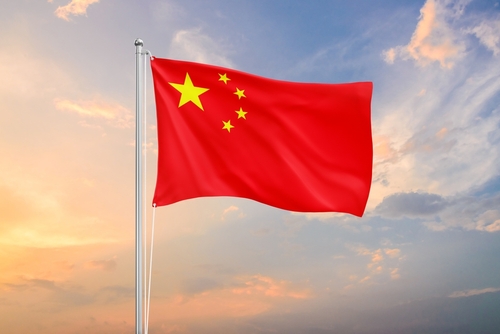
Chinese Billionaire’s US Land Purchases Raise Concerns
The recent revelation that Chen Tianqiao, a Chinese billionaire and member of the Chinese Communist Party (CCP), has become the second-largest foreign landowner in the United States has sparked a wave of concern among U.S. lawmakers and citizens alike. Chen’s significant land holdings, which include nearly 200,000 acres of Oregon timberlands, represent a growing trend of foreign investment in American land that is increasingly viewed with suspicion, particularly when the investors are linked to adversarial nations like China.
Chen, who made his fortune in the online gaming industry through his company Shanda Interactive, is now recognized as the 82nd-largest property owner in America. This move into U.S. land ownership, which began with an $85 million purchase in 2015, is seen as part of a broader strategy by Chinese entities to gain a foothold in critical American sectors.
Chinese Billionaire Second-Largest Foreign US Landowner https://t.co/0sT8acXJe9
— Bettyrock: "It's a Republic!" (@4WheeledDog) January 12, 2024
The revelation of Chen’s land ownership highlights a critical issue regarding the extent of foreign, mainly Chinese, investment in U.S. real estate and its potential implications for national security. Chen’s ties with the CCP, including his roles in CCP-affiliated organizations, have raised red flags. In addition to his large-scale rural landholdings, Chen owns notable urban properties in the U.S., including the Vanderbilt Mansion in Manhattan and the Seeley Mudd Estate near Los Angeles, each representing significant strategic and financial interests.
Concerns are particularly acute regarding Chen’s ownership of the Bull Springs Skyline Forest in Oregon, encompassing 33,000 acres of timberland. The forest’s proximity to sensitive locations has prompted calls for more stringent regulations on foreign land purchases, especially near critical national infrastructure. Rep. Lori Chavez-DeRemer (R-OR) voiced her apprehension, stating, “Foreign ownership of United States lands is a serious problem that has rightfully sparked unease among farmers, ranchers and foresters across the country.”
This issue has gained traction among GOP governors and legislators, who see the potential for such investments to pose a national security threat. Recent legislative efforts in states like Florida and Missouri aimed at curbing Chinese ownership of U.S. farmland, particularly near military installations, underscore this growing concern. Sen. Marco Rubio’s (R-FL) remarks to the Daily Caller News Foundation crystallize this apprehension: “One of the Chinese Communist Party’s goals is to undermine and weaken America. This includes instances where our greatest adversary continues buying land — whether farmland or near our installations.”
Chen’s history with the CCP traced back to his student days and culminating in significant roles within the party, paints a picture of an individual deeply enmeshed in China’s political landscape. His admiration for Mao Zedong and involvement in crucial government forums like the Chinese People’s Political Consultative Conference further emphasize his close ties with the CCP.
The growing scrutiny of Chen’s and other similar investments has led to discussions within the House Select Committee on the Chinese Communist Party about the need for increased vigilance and potential restrictions on land purchases by entities affiliated with adversarial nations.
An aide from the Committee highlighted the necessity of such measures, stating, “We can start with adding a presumption of denial for entities affiliated with the PRC when it comes to land acquisitions near national security sites such as military bases that the CCP could use for intelligence collection or worse.”


